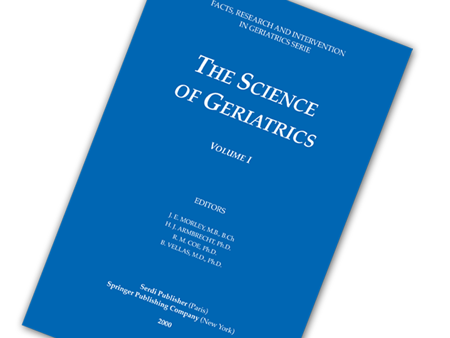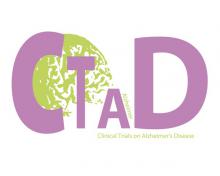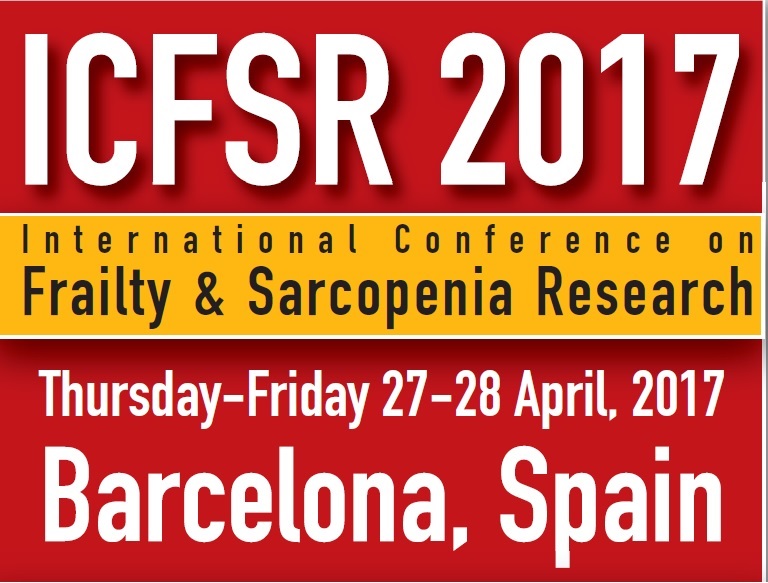Background: Caring for a family member with Alzheimer’s disease and related dementias can be mentally and physically taxing. Support programs are available to mitigate the strain of care, but caregivers report access challenges (e.g., distance). STAR-C is an evidence-based, effective, one-on-one caregiver educational intervention. However, family caregivers who do not live near a STAR-C consultant (e.g., rural caregivers) cannot participate in the program. The earth-bound mode presents a critical barrier to widely-available caregiver support. Objectives: We assessed the feasibility, preliminary efficacy, and cost of implementing a caregiver support intervention (STAR-C-Telemedicine), using Internet-based videoconferencing. Design: Using a mixed-methods approach, we examined feasibility and pre- and post-intervention changes in caregiver burden. Focus groups provided feedback on program acceptability. Setting: Participants, in their own homes, connected the university-based study staff using videoconferencing technology. Participants: Twenty family caregivers for those with dementia consented to the study. Intervention: The STAR-C-TM intervention included 8 weekly sessions in which the universitybased consultant met (via videoconferencing) with caregivers in their homes. The intervention focused on identifying upsetting behaviors and identifying triggers to the behaviors. Measurements: We assessed caregiver burden, depression and desire to institutionalize prior to and after the intervention. Results: Fourteen caregivers (82% of those who started the intervention) completed all study components. We found statistically significant reductions in caregiver burden. Caregivers liked the videoconferencing option. Almost two-thirds reported, given the choice, that they would prefer it over an in-person offering. STAR-C-TM saved, on average, $1150/per caregiver over the traditional program. Qualitative findings supported the quantitative data. Conclusions: Telemedicine-based support for family caregivers is a feasible and cost-effective option. As the prevalence of dementia grows, programs such as STAR-C-TM can fill an important gap in caregiver education and support.
(1) A. Lindauer, R. Croff, K. Mincks, N. Mattek, S.J. Shofner, N. Bouranis, L. Teri Care Weekly 2018;2:25-31 http:// dx.doi.org/10.14283/cw.2018.4



